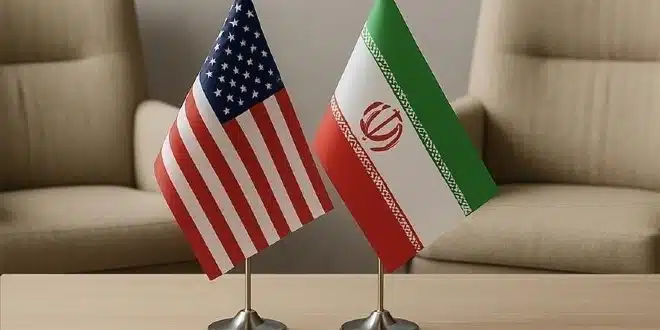As tensions between Iran and Israel enter a second day of direct military engagement, Iran has not yet confirmed whether it will attend the next round of nuclear negotiations with the United States, scheduled for Sunday in Oman. This uncertainty was communicated by Iran’s foreign ministry spokesman Esmaeil Baqaei, who stated on Saturday that a decision regarding participation in the discussions remained pending, according to reports from state media.
The talks, initially designed to address the stalled nuclear dialogue between Tehran and Washington, now face complications due to the ongoing military hostilities. The growing violence has raised doubts about the viability of diplomatic efforts aimed at de-escalation.
Rising Regional Instability Complicates Diplomacy
The reluctance to confirm attendance comes as the conflict between Israel and Iran escalates, with both nations conducting air and missile strikes targeting key military sites. The sudden flare-up has shifted international focus from long-standing negotiations over Iran’s nuclear program to urgent efforts at preventing a broader regional confrontation.
Diplomatic sources have suggested that even if the nuclear talks proceed as scheduled, the chances of productive engagement have diminished sharply. Iranian officials have signaled frustration over what they describe as tacit Western approval of Israeli actions, which could influence their willingness to pursue negotiations in good faith.
The potential collapse or postponement of these nuclear talks may have lasting repercussions for efforts to contain Iran’s nuclear ambitions. Western powers, particularly the United States, have long sought to revive diplomacy as a path to curbing Tehran’s nuclear development, especially following the expiration of earlier agreements and repeated accusations of non-compliance by Iranian authorities.
As of Saturday evening, no official statement had confirmed a revised date or cancellation of the Oman round. International observers continue to monitor developments closely, as the outcome of this diplomatic decision may shape the next phase of regional and global security dynamics.


